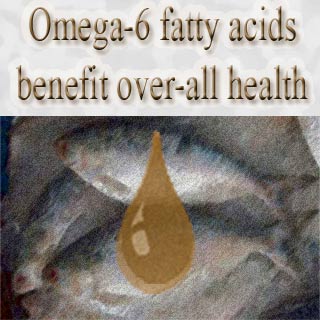
It is stated that a majority of Americans get these oils through the consumption of their present diet which includes nuts, seeds, salad dressings and cooking oil. Around 12 to 22 grams of omega-6 fatty acids are recommended per day. However it is also pointed out that daily consumption of omega-6 fatty acids mainly relies on an individual’s amount of physical activity, gender and age.
Omega-3 fatty acids which are found in tuna, salmon and mackerel, along with omega-6 fatty acids are known as polyunsaturated fatty acids. If consumed in moderation, then they can prove to have positive effects on an individual’s cardiovascular health and brain function. It is stated that the body cannot produce these polyunsaturated fatty acids on its own, thus it has to be achieved through various food-stuffs.
Lead author of the advisory, William Harris, Ph.D., says that, “Of course, as with any news about a single nutrient, it’s important to remember to focus on an overall healthy dietary pattern – one nutrient or one type of food isn’t a cure-all. Our goal was simply to let Americans know that foods containing omega-6 fatty acids can be part of a healthy diet, and can even help improve your cardiovascular risk profile.”
The advisory assessed a meta-analysis of various trails and reports on the issue. It’s said that observational studies have stated that people consuming omega-6 fatty acids are usually at a lower risk of developing heart related problems.
The American Heart Association recommends a diet which consists of fruits, vegetables, poultry, high-fiber whole grains, lean meat, and fish twice a week. Various studies have been conducted which have associated a diet rich in fruits, vegetables, and whole grains with a reduced cardiovascular related risks.
Their findings are published in the Circulation: Journal of the American Heart Association.
